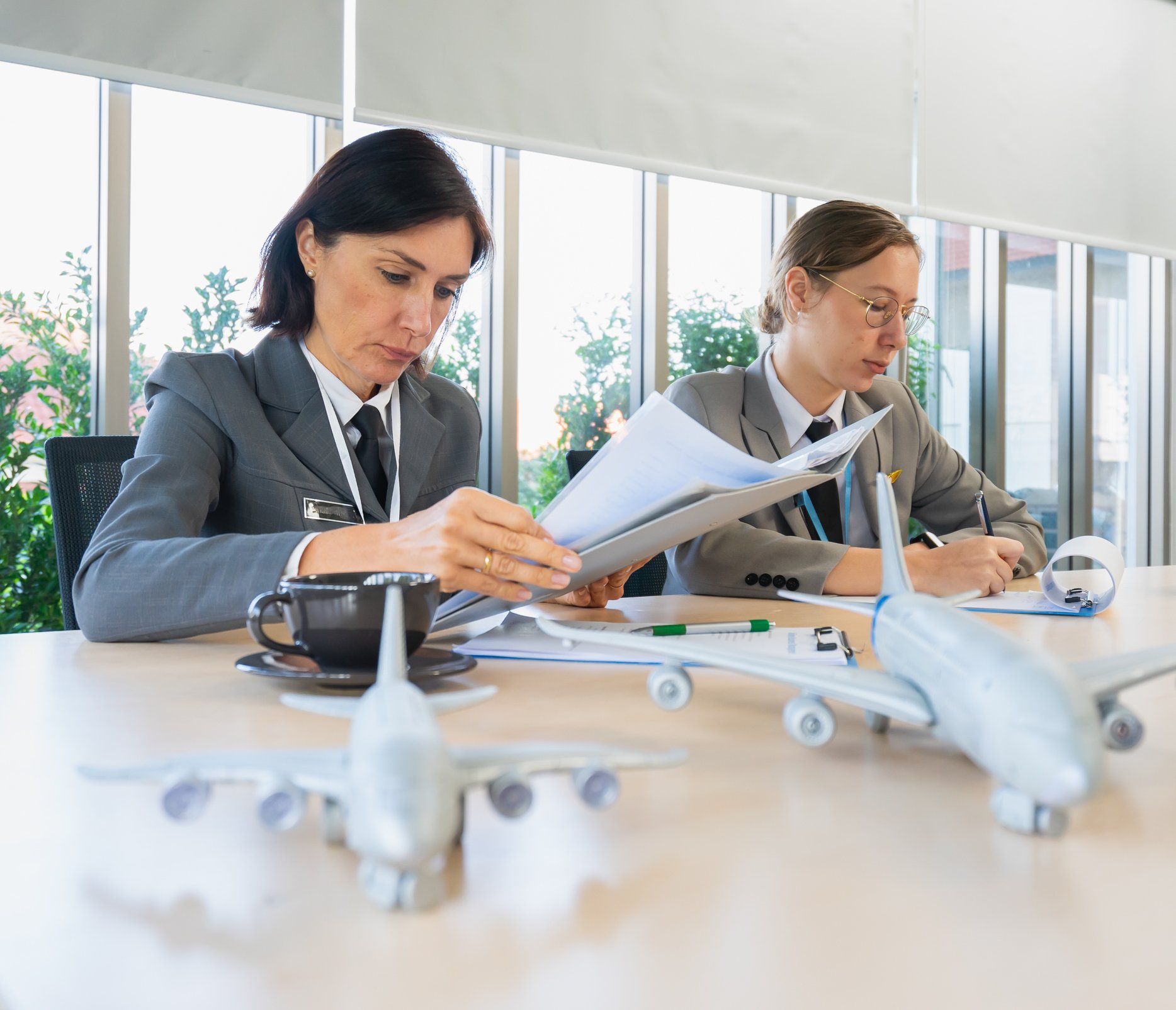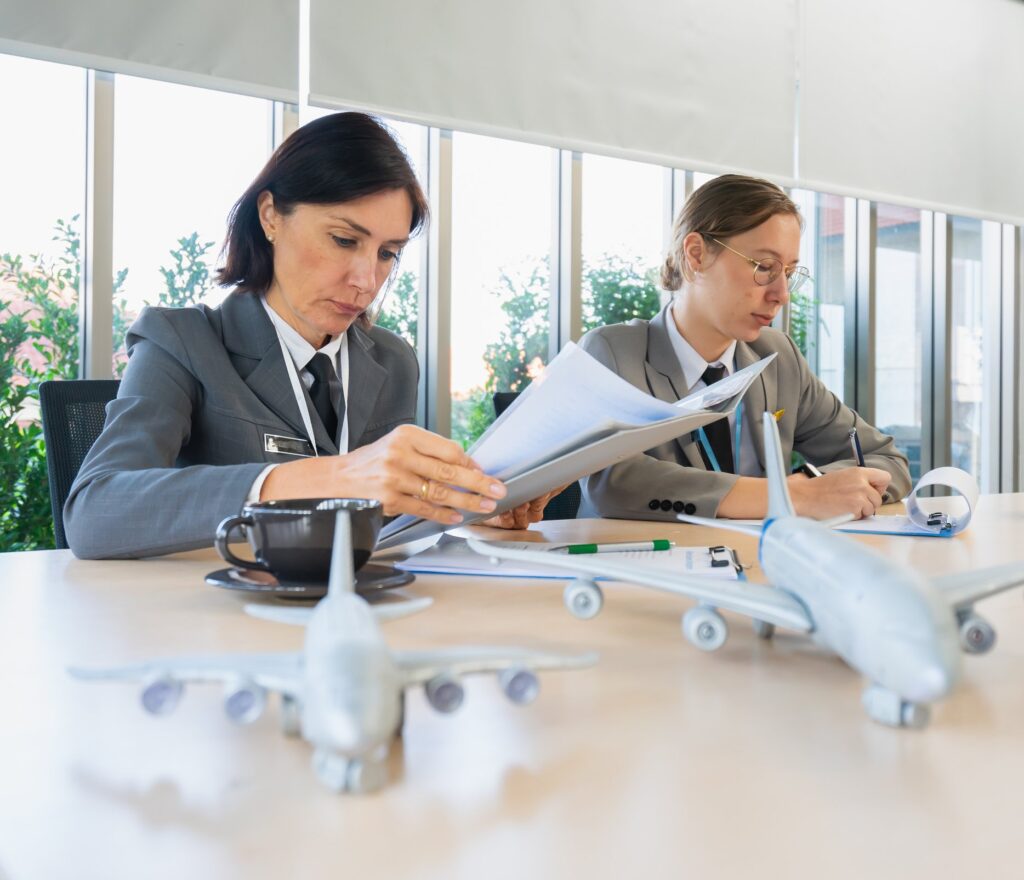

Flying professionally for over 20 years I reflect back on mistakes I have made during interviews and will attempt to highlight some critiques I have read recently from industry recruiters. Perhaps as the talent pool gets shallower and less mature old ways that should “go without saying” are being skipped on the way to landing a flying job at major airlines the world over.
A successful pilot interview for a major airline is a crucial step in the process of being a professional pilot. The interview is designed to assess a candidate’s qualifications, experience, and overall suitability for the role of a professional pilot. In this article, we will discuss some key factors to consider when preparing for a pilot interview and some tips to help you succeed.
First and foremost, it is essential to have a thorough understanding of the company and its operations. This includes researching the company’s fleet, routes, and safety record. Being familiar with the company’s history, values, and mission statement can also be beneficial during the interview. Additionally, it is important to be up-to-date on the current industry news, including any major events or changes that may be relevant to the company.
Next, it is essential to have a solid understanding of the qualifications and experience required for the position. This includes having the required flight hours, certifications, and training. Additionally, it is important to be able to clearly and concisely communicate your experience and qualifications in your resume and during the interview.
Another crucial factor to consider is your attitude and demeanor during the interview. Pilots are expected to have strong leadership skills, excellent communication skills, and the ability to work well under pressure. It is important to present yourself as a confident, professional, and motivated candidate. Additionally, a positive attitude and a willingness to learn and adapt can also make a positive impression during the interview.
It’s also important to be prepared for technical questions about airplanes, navigation, and weather conditions, as well as questions about your ability to handle challenging situations, such as emergency procedures. Additionally, be prepared to discuss any previous experience you may have had with the specific type of aircraft used by the airline.
Finally, it is essential to dress professionally and arrive on time for the interview. A good first impression can make a significant difference in the final decision.
In conclusion, a successful pilot interview for a major airline requires a combination of qualifications, experience, and a positive attitude. By researching the company, preparing for technical questions, and presenting yourself as a professional and motivated candidate, you can increase your chances of success. Remember, the interview is not only a chance for the company to assess your qualifications, but it’s also an opportunity for you to show why you would be an asset to the team.
Some example Questions Recruiters like to ask during your interview.
- Can you tell us about your experience and qualifications as a pilot?
- How do you handle unexpected situations or emergencies while flying?
- How do you handle stress or pressure while flying?
- Can you describe a situation in which you had to make a difficult decision while flying?
- How do you stay current with new technologies and industry regulations?
- Can you explain your experience with the specific type of aircraft used by our airline?
- Can you tell us about a time when you had to troubleshoot a technical issue while flying?
- How do you handle communication with air traffic control and other members of the flight crew?
- Can you describe your experience with crew resource management and how you handle conflicts with other crew members?
- How do you prioritize safety while making decisions as a pilot?
Please keep in mind that these questions are examples, and the actual questions you may face in an interview can vary depending on the company and position you are applying for. It’s always important to research the company and position beforehand and think about how your skills, experience and personality align with their needs
Scudrunner
Check out our Ad Free Aviation Forum www.scudrunners.com



